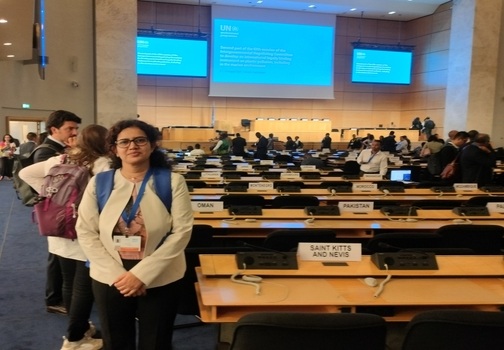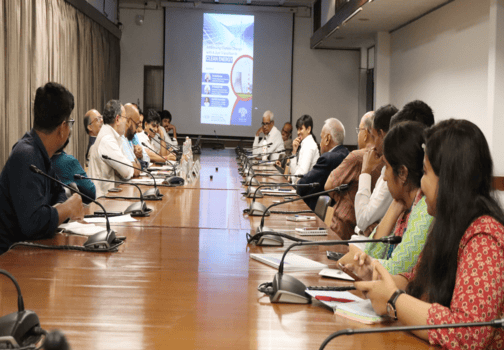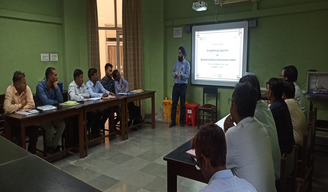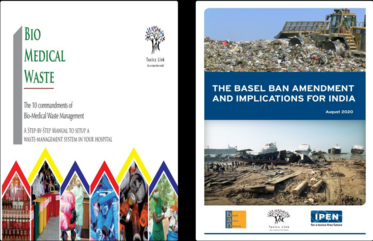Effective disposal of e-waste
GOVERNMENT OF INDIA
MINISTRY OF ENVIRONMENT, FOREST AND CLIMATE CHANGE
RAJYA SABHA
UNSTARRED QUESTION NO. 1177
TO BE ANSWERED ON 01.08.2024
Effective disposal of e-waste
1177. DR. BHIM SINGH:
Will the Minister of ENVIRONMENT, FOREST AND CLIMATE CHANGE be pleased to state:
(a) the volume of e-waste generated in the country during the last three years and the volume recycled out of it, State-wise;
(b) whether Government has published any E-waste (Management) Rules for effective disposal of e-waste; and
(c) whether Government is aware of the fact that the informal e-waste processing units, operating without proper guidelines, precautions or norms, pose serious environmental hazard to the surrounding areas?
ANSWER
MINISTER OF STATE IN THE MINISTRY OF ENVIRONMENT, FOREST AND
CLIMATE CHANGE
(SHRI KIRTI VARDHAN SINGH)
(a) to (c) The Central Pollution Control Board (CPCB) estimates the e-waste generation at national level based on the countrywide sales data provided by producers, and average life of notified electrical and electronic equipment (EEE), as mandated under the E-waste Management Rules. There are 106 electrical and electronic equipment (EEE) notified under the E-Waste (Management) Rules, 2022, which is in force since 1st April, 2023. Therefore, information on volume of e-waste generated and recycled from the 106 EEE items are available only from Financial Year 2023-24. Under the erstwhile E-Waste (Management) Rules, 2016, 21 EEE items were notified and information pertaining to volume of e-waste generation and recycling from these 21 EEE items are available for previous three years. The volume of e-waste generation and recycled during the last three years is given below:
Financial Year E-Waste Generation (Tonne) E-Waste Recycled(Tonne)
2021-22 16,01,155.0 5,27,132.0
2022-23 16,09,117.0 5,39,256.0
2023-24 17,51,236.0 7,60,663.0
The electrical and electronic equipment after their useful life when they become ewaste, may not cause any harm to health and environment if it is stored and processed in scientific and environmentally sound manner. However, if un-scientific and crude methods are used for processing for retrieval of useful components or material or if the material is disposed in open, then it may cause health risks and damage to environment. Ministry has comprehensively revised the E-Waste (Management) Rules, 2016 and notified the E-Waste (Management) Rules, 2022 in November, 2022 and the same is in force since 1st April, 2023.
These new rules intend to manage e-waste in an environmentally sound manner and put in place an improved Extended Producer Responsibility (EPR) regime for e-waste recycling wherein all the manufacturer, producer, refurbisher and recycler are required to register on portal developed by CPCB. The new provisions would facilitate and channelize the informal sector to formal sector for doing business and ensure recycling of E-waste in environmentally sound manner. Provisions for environmental compensation and verification & audit has also been introduced. These rules also promote Circular Economy through EPR regime and scientific recycling/disposal of the e-waste. Further, CPCB advised State Pollution Control Boards (SPCBs) /Pollution Control Committees (PCCs) to carry out regular drives for checking e-waste processing in informal sector time to time. Actions, such as, constitution of teams for carrying out drives, issuing of notices, closure of operation, seizing the e-waste against the informal processing are being taken by the respective SPCBs/PCCs.






